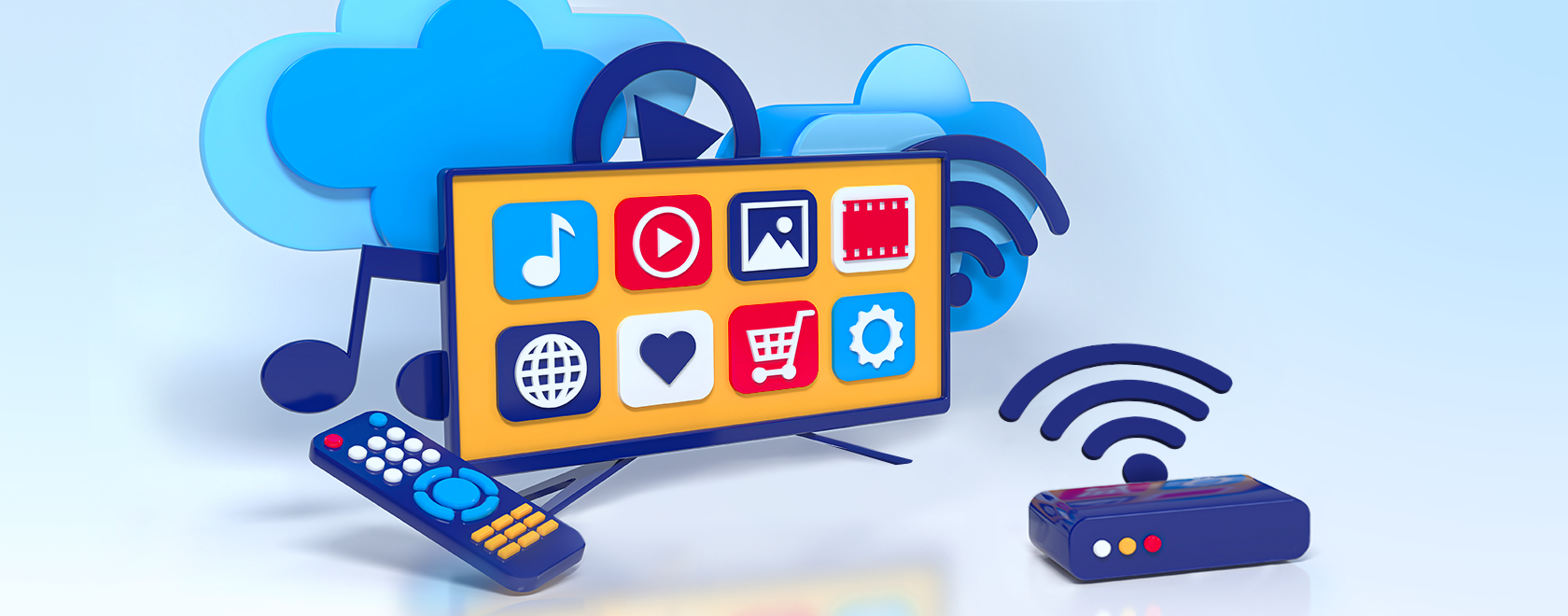The inability to pause or rewind live broadcasts is a key downside of cable and satellite TV. With IPTV, you won’t have that issue. In today’s piece, we’ll discuss what Internet Protocol Television (IPTV) is and how it might enhance your daily life.
How does the IPTV subscription work?
To put it simply, IPTV is the transmission of TV shows through IP networks. In order to provide you with live or on-demand streaming material, it makes use of your ISP’s servers. Broadband internet access and a device capable of playing IPTV material are prerequisites for using an IPTV service.
Do I need a new TV-set?
With the help of a set-top box, even older TV models are capable of receiving IPTV. The digital signal is received by a set-top box, which then decodes it and displays the image on your television screen. An HDMI or composite video cable can be used to link the set-top box to the television.
Can you recommend a good set-top box?
IPTV works fantastically on set-top boxes running Linux, Android, Windows, or any other OS. The most advanced, though, are Android TVTM boxes like the Infomir MAG500A. This gadget is capable of playing 4K videos, searching the web with voice commands, and downloading apps from the Google Play Store. Thanks to Google’s endorsement, sales have been booming in the US and Europe.
Why should you use IPTV?
Video resolutions of up to 4K are supported by IPTV channels, with 8-channel sound, subtitles, and multiple audio tracks for videos also supported. They also make it possible for fans to rewatch their favorite episodes at a more convenient time. The term “IPTV” refers to a type of interactive television. Films and TV episodes can be watched live or recorded for later viewing. IPTV provides better picture quality than analog and digital transmissions at a fraction of the cost of satellite TV. Internet service companies typically provide IPTV services. A subscriber’s sole responsibilities are to choose a channel bundle and pay the service’s monthly or annual cost.
When watching IPTV, what is the right bandwidth?
Service providers often list the minimum bandwidth need for uninterrupted operation. Also, this criterion must be met to avoid the anguish of stuttering and freezing video playing. Typically, a connection speed of 5 Mbit/s is adequate for viewing standard definition video. You’ll need at least 10 Mbit/s to stream HD content. If your internet connection is slow, it’s best to watch the video at a lesser resolution or wait until it’s been cached before watching. Think about how background apps and other gadgets linked to your Wi-Fi could impair your experience.
How can I get linked up?
Find an IPTV provider in your area, research their options, and then make a purchase. Having received an IP address from your service provider, you must now link it to your router. Your set-top box must now be connected to the router (via Ethernet cable or Wi-Fi). The next step is to set up the set-top box by connecting it to the television. When you’re ready, contact your service provider to activate your membership and request a channel guide or a specialized IPTV app.
Is it legal to use IPTV?
If no pirate apps loaded, IPTV is perfectly lawful. Any third-party software that facilitates the use of pirated materials is in violation of copyright regulations.
To get high-quality video and audio from the stuff you want to watch, IPTV is for you. It’s a great alternative to costly cable or satellite service that gives you access to the same cutting-edge TV content.
